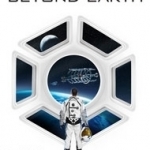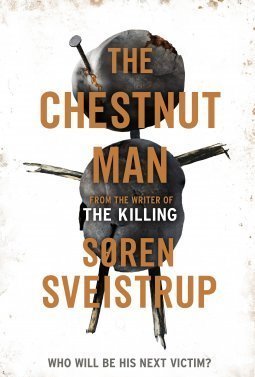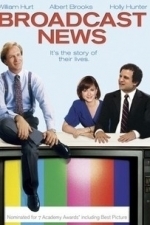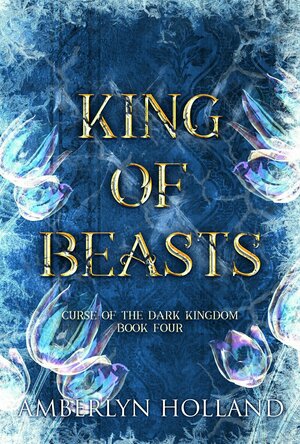Emily (1430 KP) rated Sid Meier's Civilization: Beyond Earth in Video Games
Feb 18, 2020
Uses the hex grid of the other newer versions of the game and also has indigenous alien life on land and in the sea. This can be quite tough to deal with early in the game, particularly the worms (think Dune-style enormous things) and the sea life, but is easily dealt with later on. It alternatively you can try and work with it so you kind of become allies, although it's not easy to achieve.
The best thing about the game is the tech tree. Every other version of Civ has a branched linear progression, this one has a web. The first few moves are relatively common to all play styles but then you can just go anywhere and what you pick changes what type of faction you end up as (which ends up like a combination of religion and ideology of the other versions of Civ).
If you're getting bored with normal Civ, this is definitely a fun alternative.
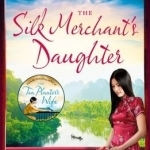
The Silk Merchant's Daughter
Book
NOW A SUNDAY TIMES TOP 10 BESTSELLER FROM THE NUMBER ONE BESTSELLING AUTHOR OF THE TEA PLANTER'S...
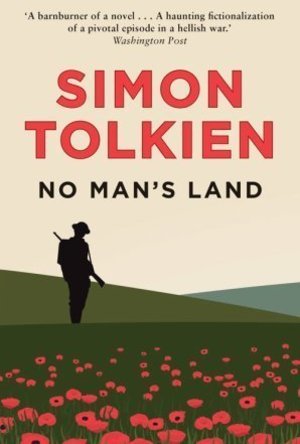
No Man's Land
Book
From the slums of London to the riches of an Edwardian country house; from the hot, dark seams of a...
Zoe Nock (13 KP) rated The Chestnut Man in Books
Jun 26, 2019
Given the pedigree of the author this book will receive plenty of attention so I’m not going to write a synopsis of the story. However, I will suggest that you don’t read the first chapter whilst eating your breakfast!
The various characters, big and small, are finely written with emotional depth. Soren Sveistrup clearly spent as much time thinking about the human relationships as the gory crime scenes. Although it is basically a (very high quality) police procedural it is also a deft examination of what family means in the modern world.
The mysterious identity of The Chestnut Man kept me guessing and Sveistrup provides the reader with lots of red herrings. This should be no surprise to anyone who watched Season 1 of The Killing, where you felt sure that you knew who ‘the Baddie’ was at the end of every episode only to be swiftly proven wrong. This story would make a great TV drama, I'm sure that it'll be hitting BBC4 soon.
Jesscica Morgan recommended Broadcast News (1987) in Movies (curated)
Merissa (13749 KP) rated King of Beasts (Curse of the Dark Kingdom #4) in Books
Jul 20, 2023
Kyllean and Leandra definitely get their story told, but the others appear too so, in the end, the Big Bad is defeated by all of them working together. I do love it when that happens, don't you?! Leandra is a strong character; she has to be as she carries the weight of the world on her shoulders. She is not cowed by Kyllean, even when he roars, and I loved how she always stood up to him. Kyllean himself is a very sympathetic character. He is doing the best he can, the only way he knows how. His insecurities lead him to questionable actions but I found I understood them.
A fantastic retelling of a classic, this was a wonderful ending to the series. The world- and character-building are just as good as always, and the pacing was perfect. Definitely recommended by me.
** same worded review will appear elsewhere **
* A copy of this book was provided to me with no requirements for a review. I voluntarily read this book; the comments here are my honest opinion. *
Merissa
Archaeolibrarian - I Dig Good Books!
Jul 20, 2023

Oil & Gas Journal Magazine
News and Magazines & Newspapers
App
Enjoy Reading the Oil & Gas Journal at any time in any place! The Oil & Gas Journal, first...

PNM - Pure Nintendo Magazine
Entertainment and Magazines & Newspapers
App
PNM is your #1 independent source for exclusive interviews, game previews, concept art, game...

The Wall Street Journal.
News and Magazines & Newspapers
App
Stay ahead of the competition with the app that’s as ambitious as you are. Get the trusted...
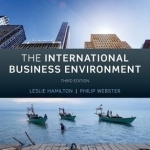
The International Business Environment
Leslie Hamilton and Philip Webster
Book
Will the expansion of the Chinese economy result in job losses in the USA? How can a natural...
